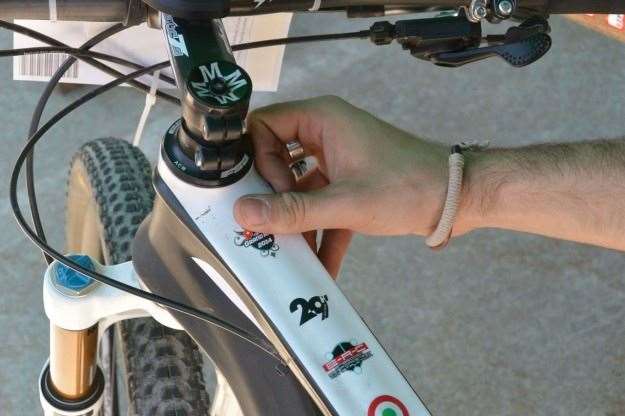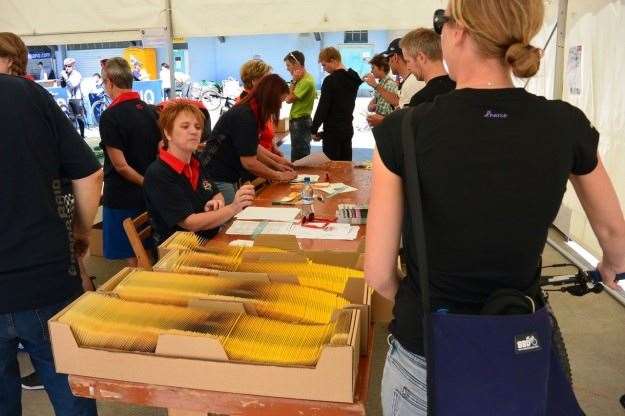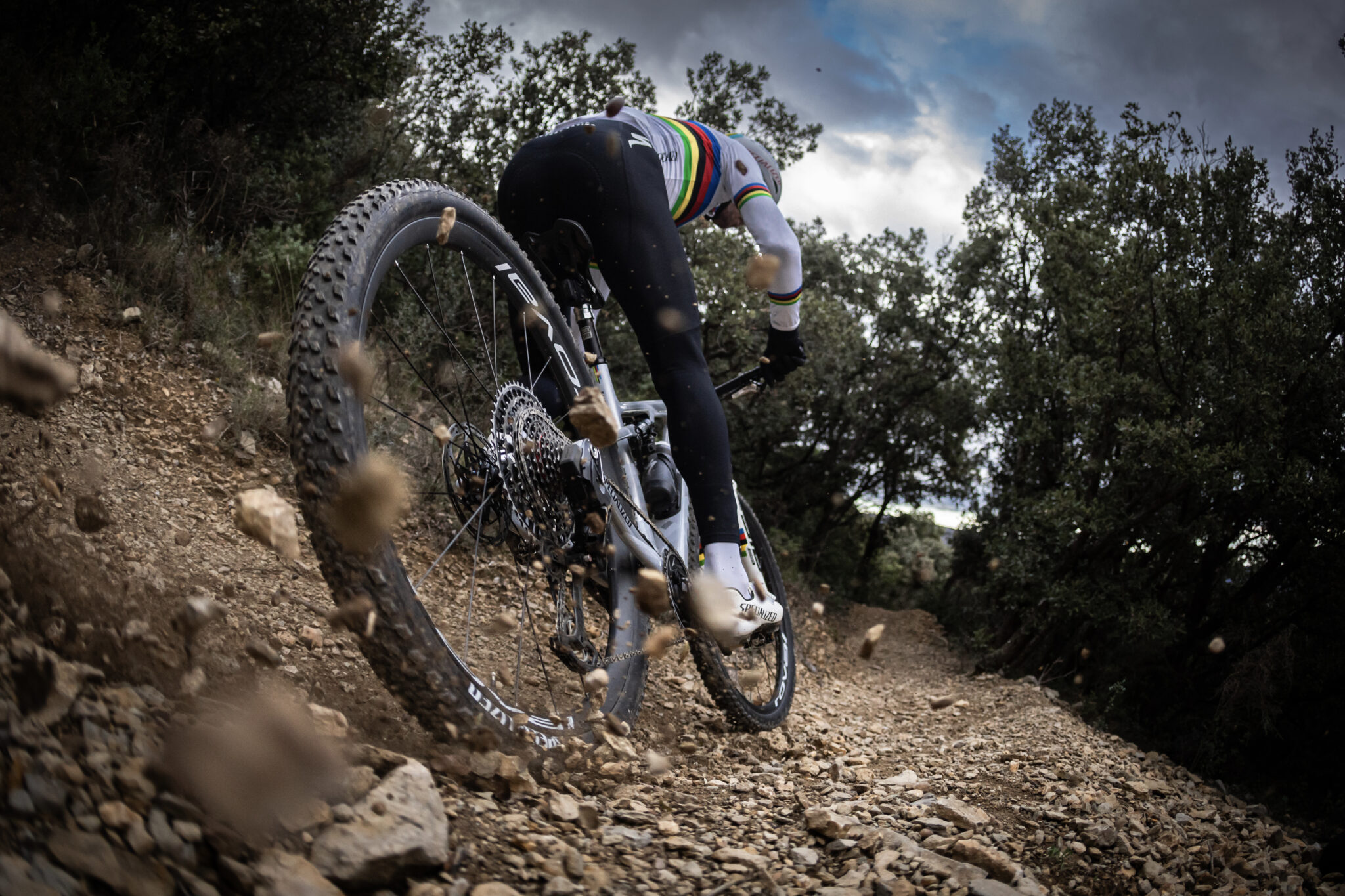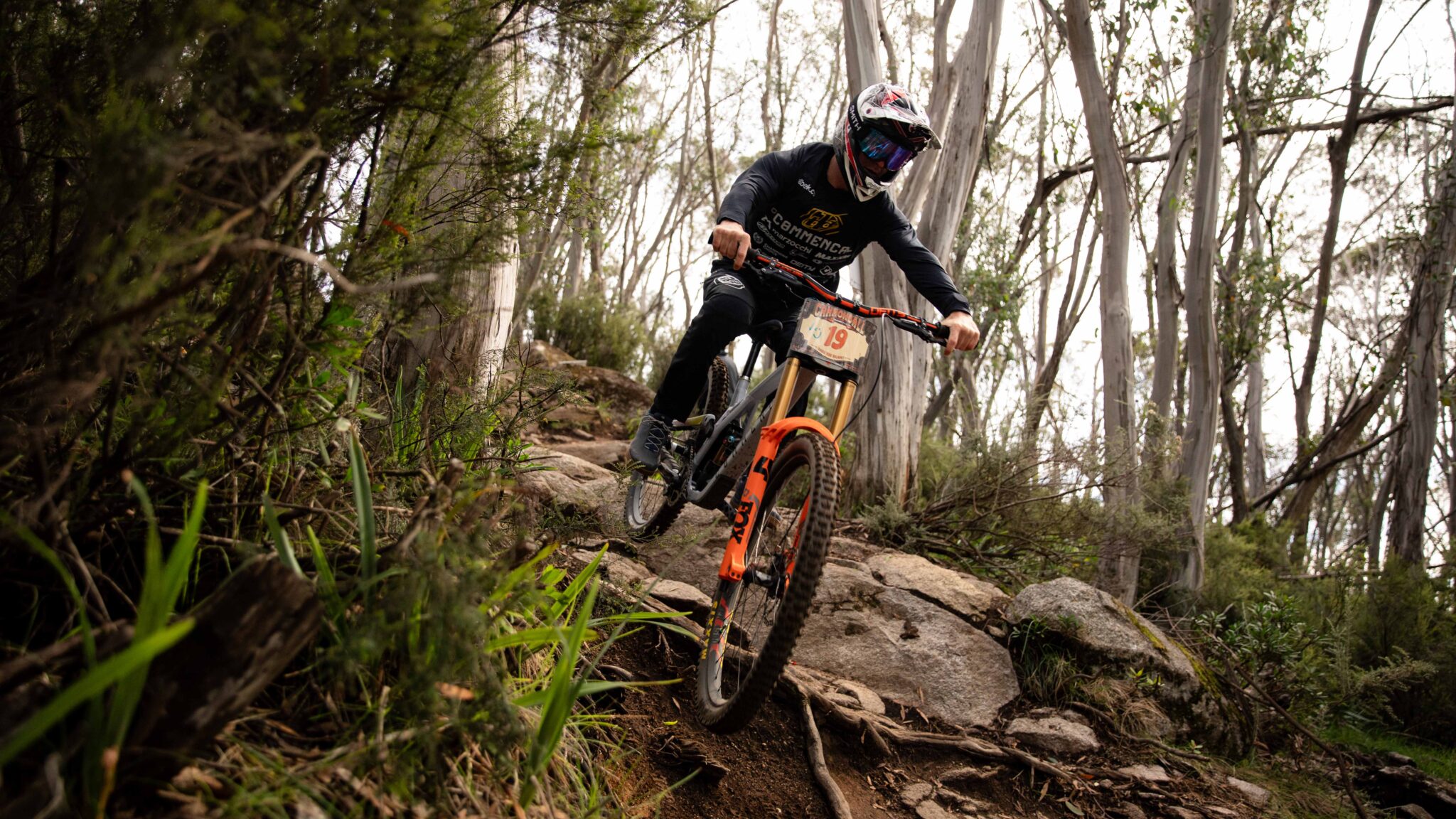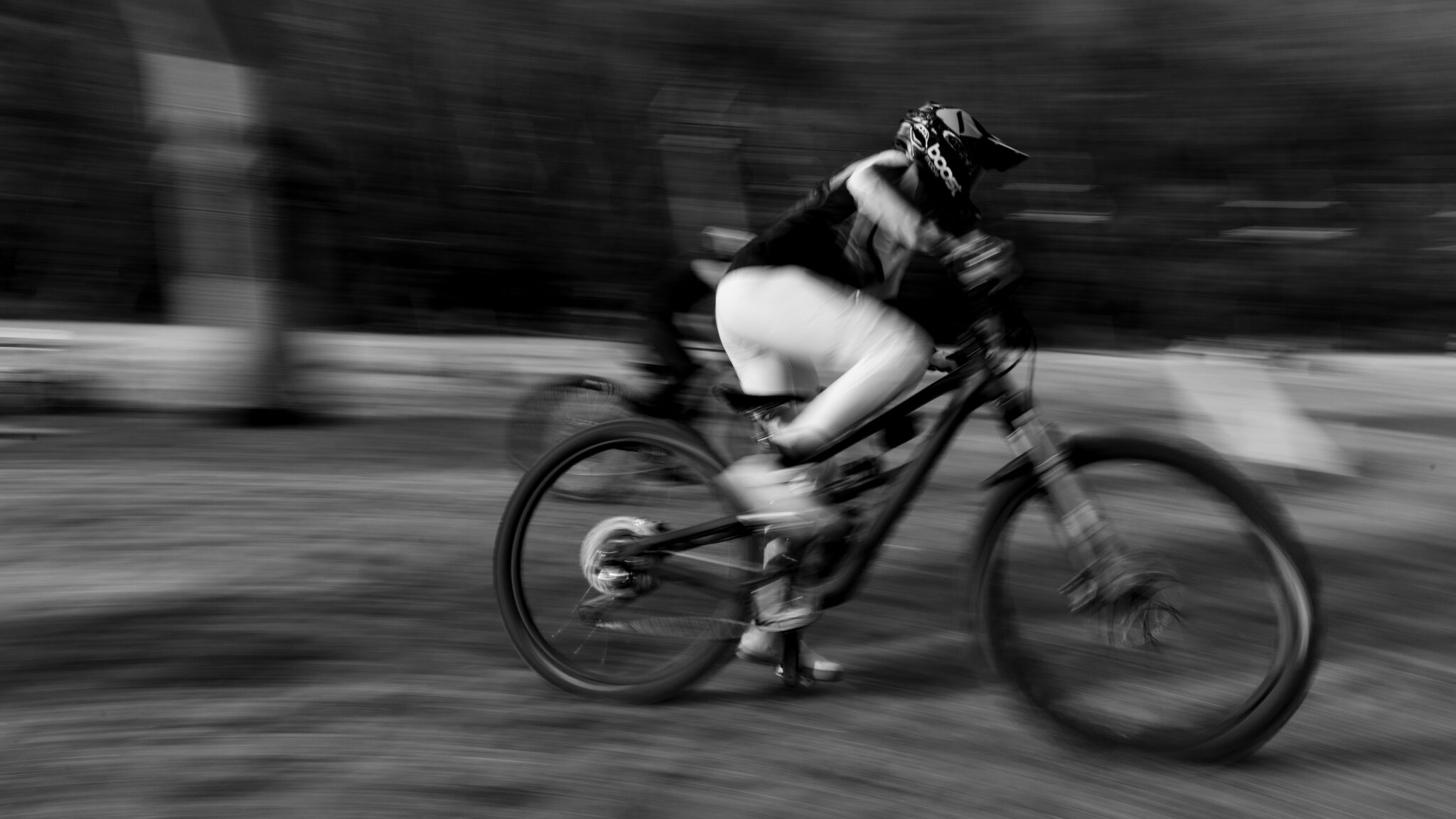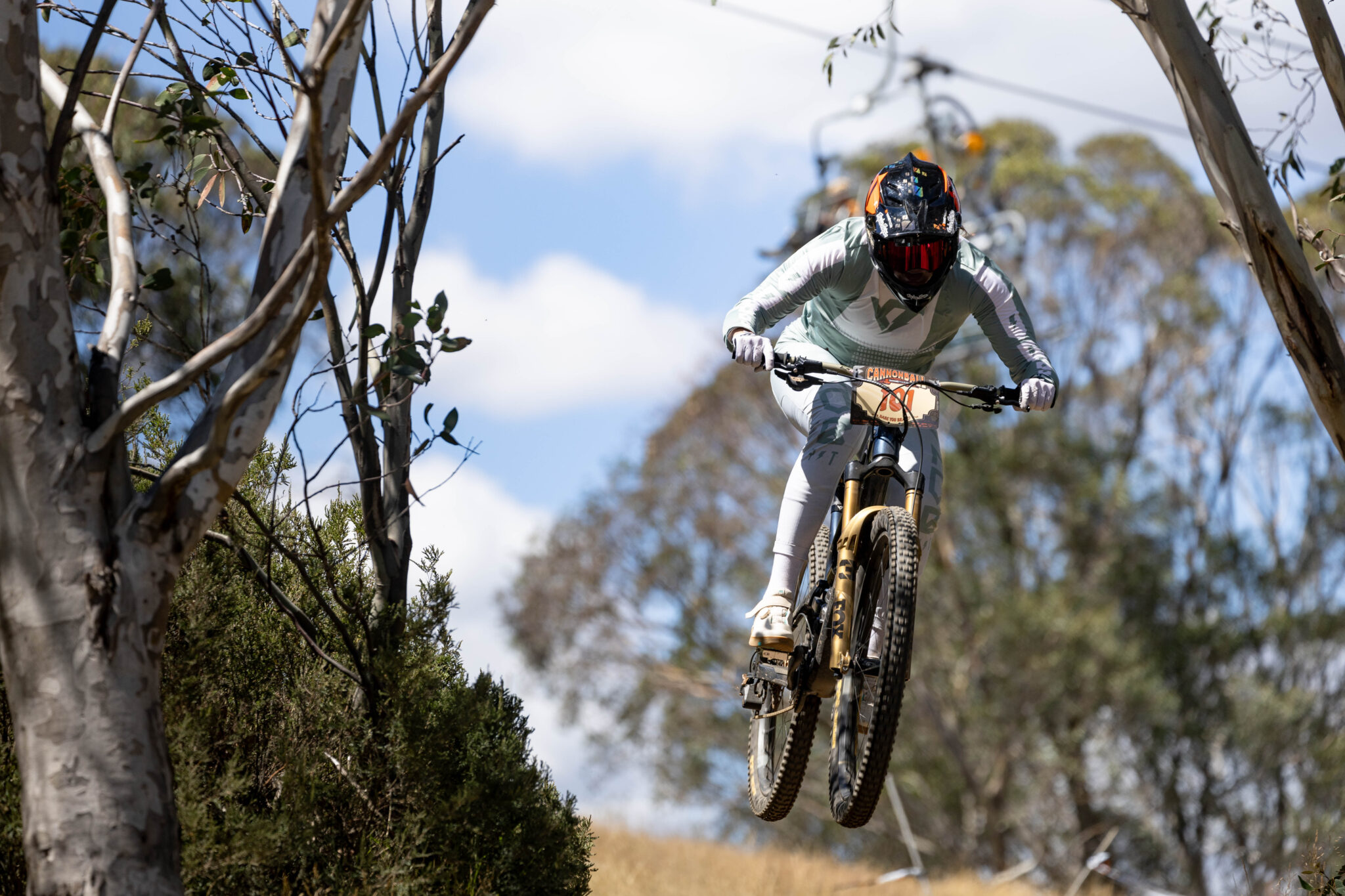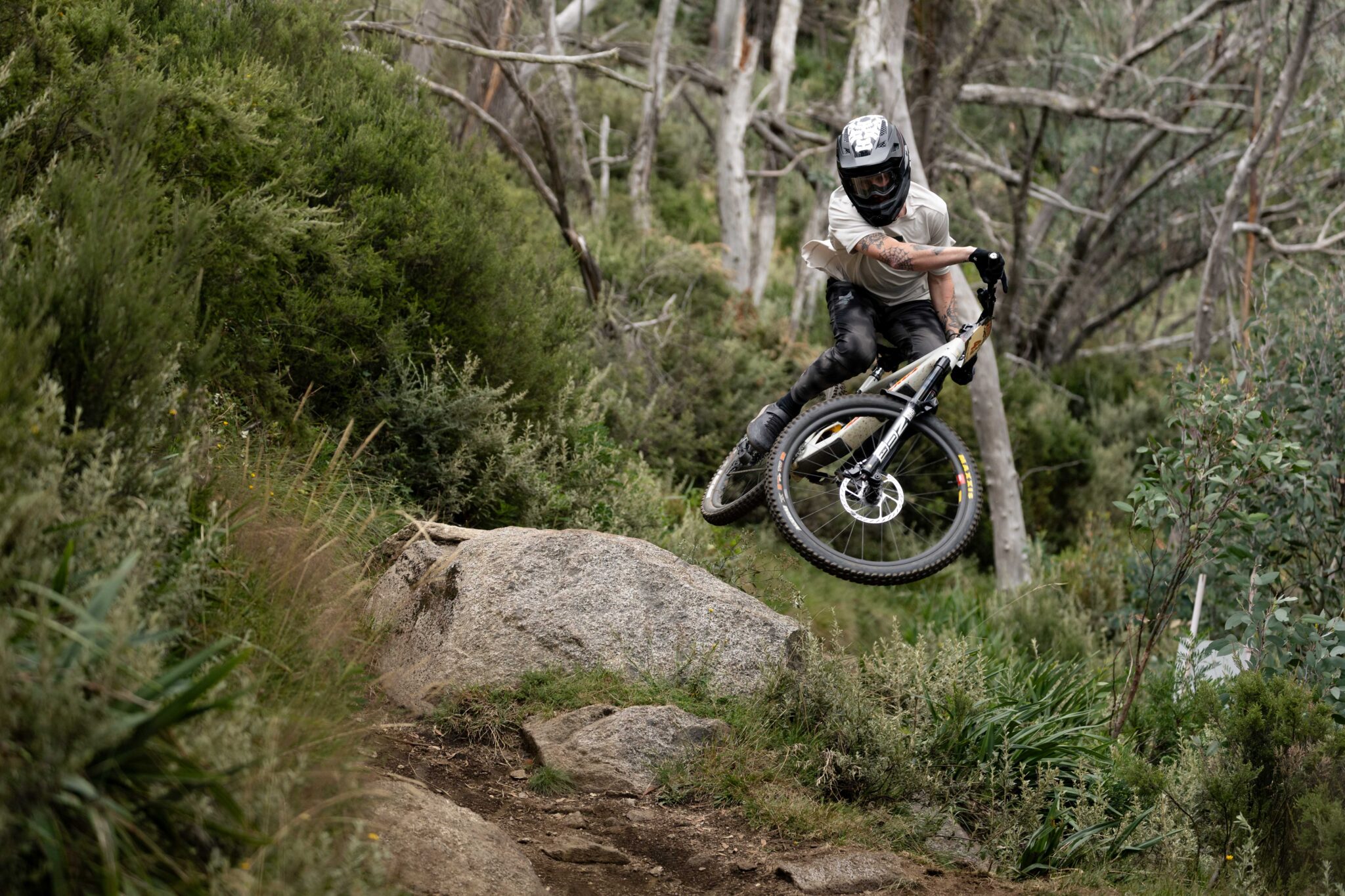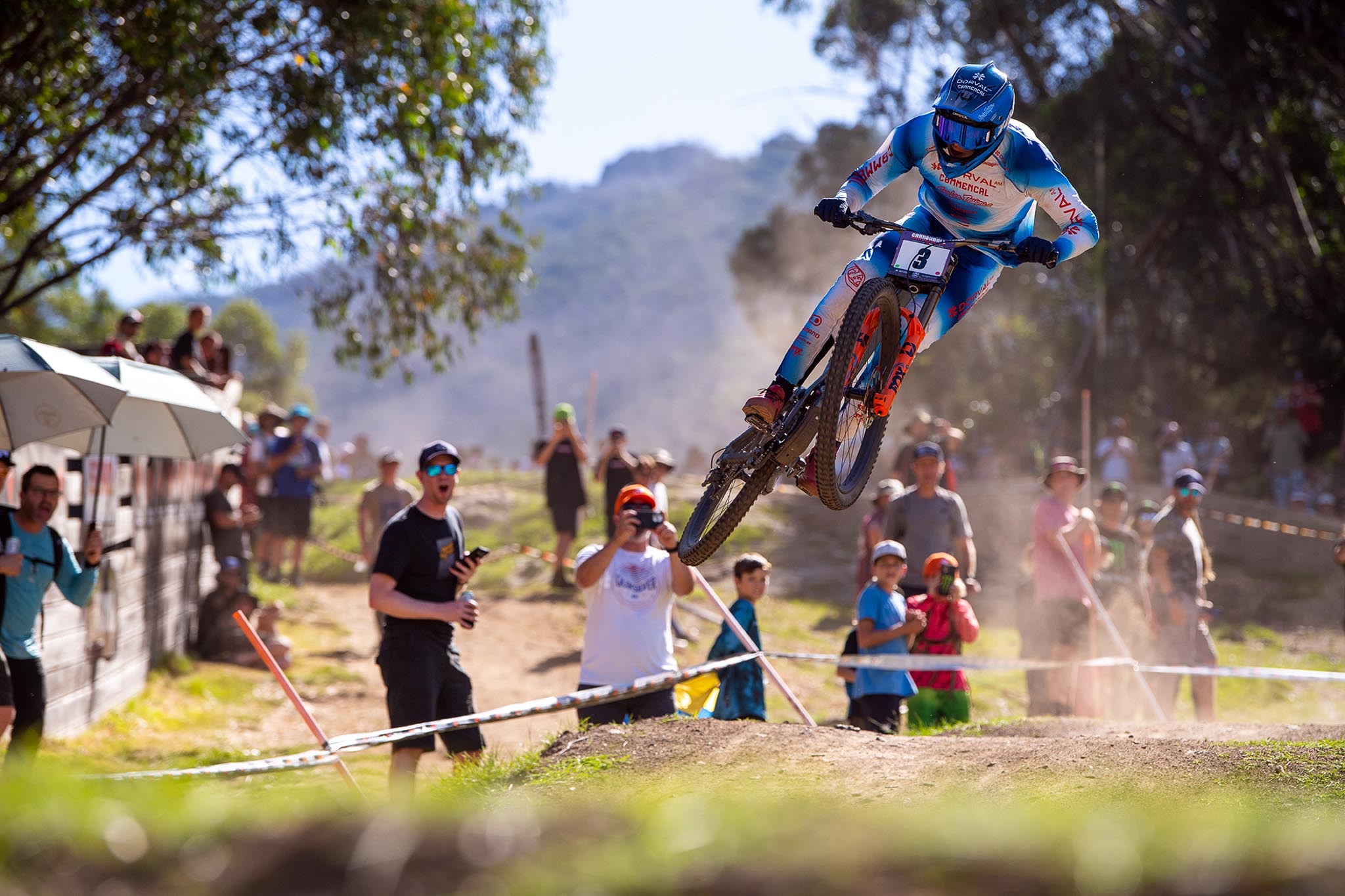What is safety worth?
At times it feels like we are too heavily watched in Australia.
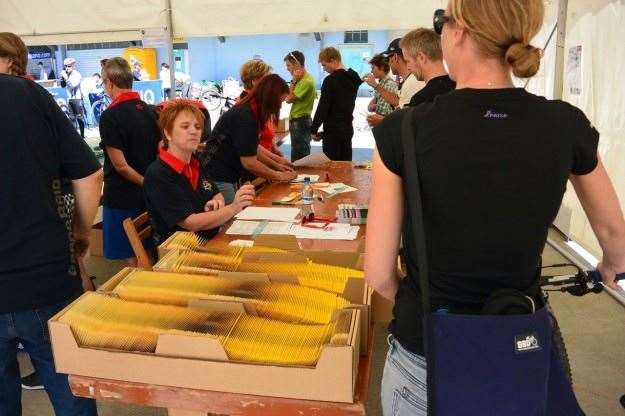
At times it feels like we are too heavily watched in Australia. The CCTV, signs and fences telling you where you can and can’t go, and restrictions on all sorts of things. To a large extent, cycling and mountain biking in particular, are free from the stronger restrictions placed on other areas of life. Mountain biking still offers a level of escapism, allowing a journey of freedom and exploration. As mountain bikers, we like to think we are free thinking and a little more ‘wild’ than other cyclists. Although, I find it ironic that some very technical single track will only have one line that all must adhere to – yet it remains the holy grail for many freedom loving mountain bikers.
When we start competing, our restrictions grow. Many things that seem common sense are now enforced. Gloves and protection, licensing… times you can be on course and times you may not. tech zones, feed zones, eyewear zones – and fines or penalties for being outside the rules.
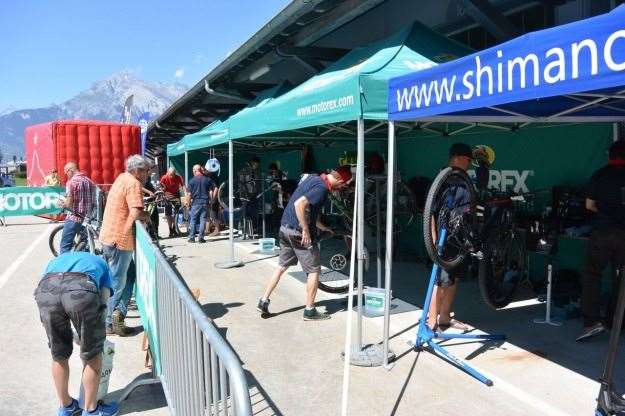
What we don’t have too much of, especially in distance based racing, are limitations and checks on our equipment. But why? We may have had our helmet checked for the current Australian Standards sticker, but no one will have checked the life left on our brake pads, or whether our tyre sidewalls were threadbare.
Here racing at the Grand Raid, a marathon mountain bike race in the Valais region of Switzerland, all bikes must pass ‘Technical Control’ at the race sign on. Riders brakes are checked, along with pad wear, headsets, hubs, tyres, and a general once over by the mechanics. If it doesn’t pass, it goes to the workshops that are setup. The main route is 125km with over 5000m of climbing. That includes 5000m of descending too. To put it into perspective, the climbs and descents are almost twice as steep as those at the popular Highland Fling, to accrue those numbers. Indeed, the last descent from over 2700m lasts for near on 15km – a true test for your bike (and forearms). The integrity of your bike may well be more important for your immediate safety than whether your helmet came from a local shop or was bought overseas.
Would steps like this be appreciated in the harder Australian races, where bike failure might be catastrophic? Or does it push too far into our freedom? No other races in Switzerland have such a control in place, but perhaps as some disciplines of MTB start to push a little harder, we might see it introduced.
My bike has passed, and I’ll be racing Grand Raid tomorrow.

